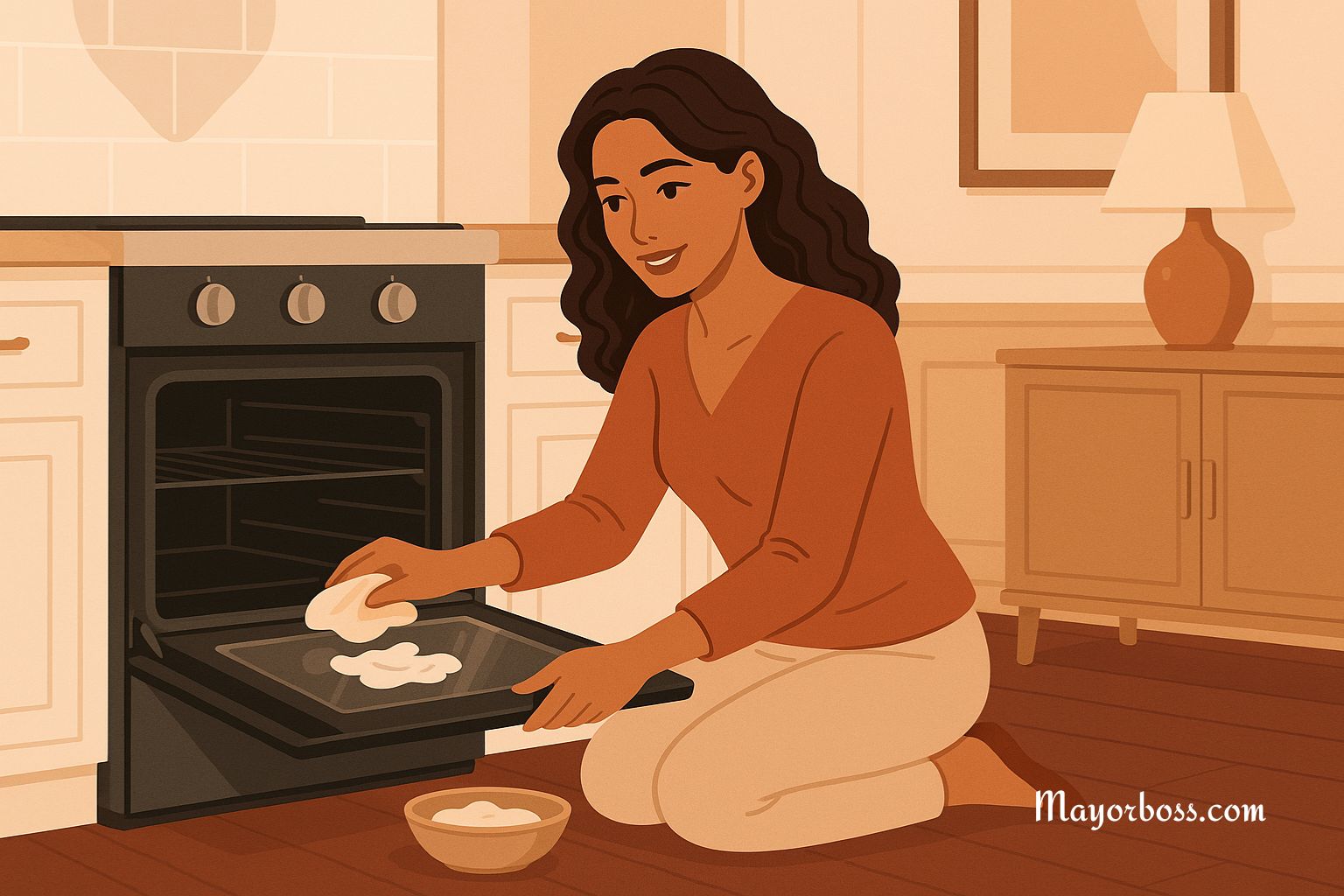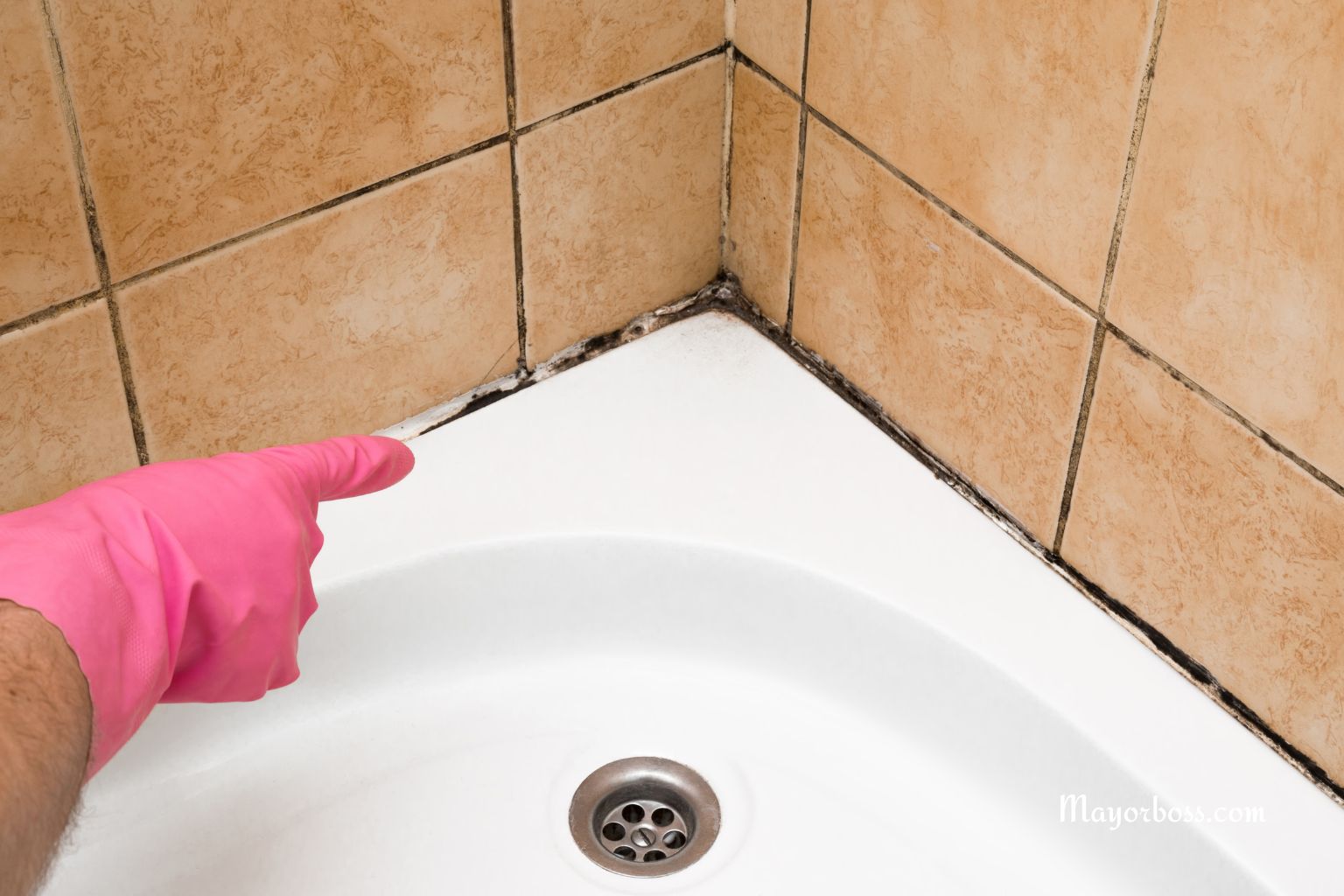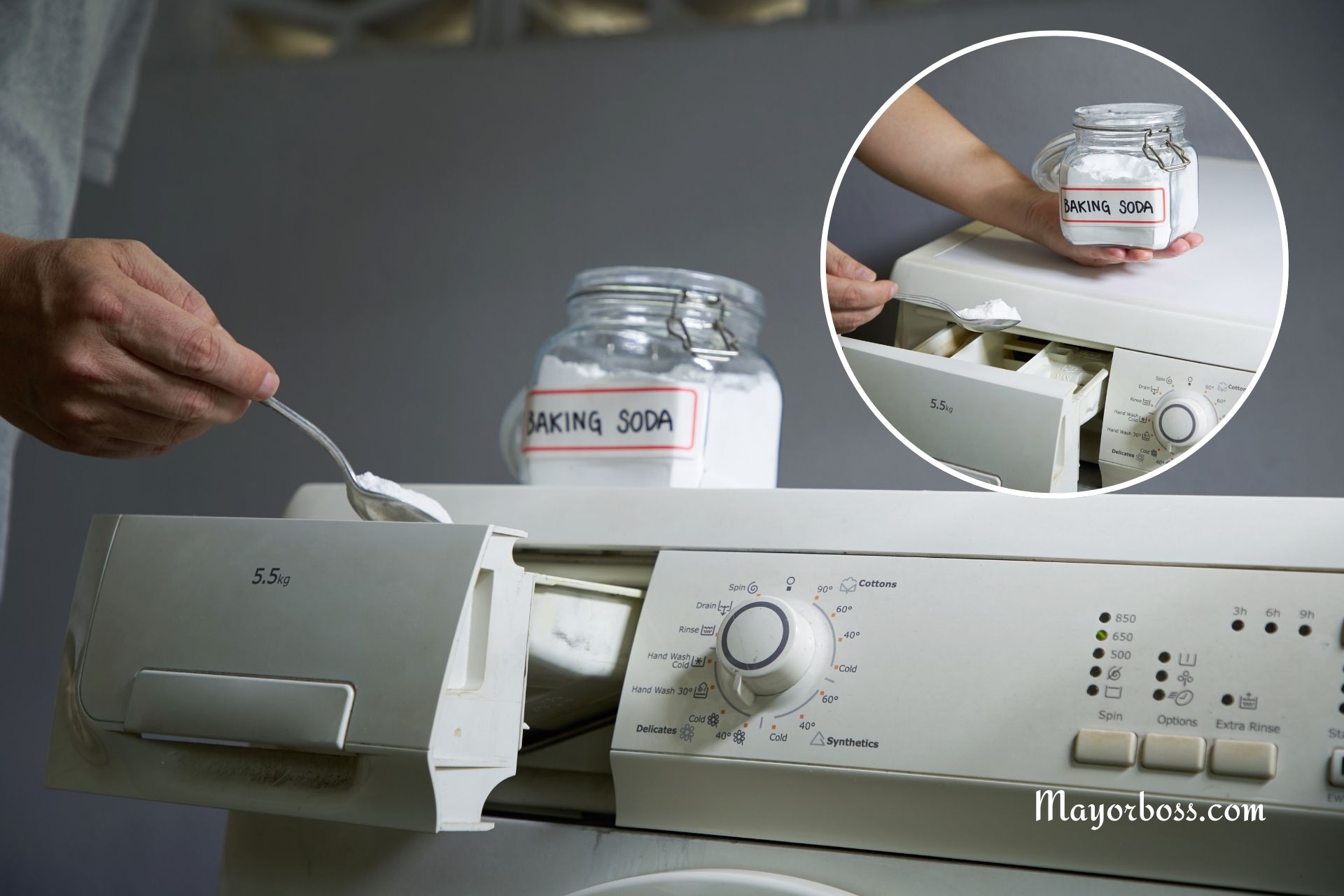10 Things You Should Never Do During a Power Outage
When the lights suddenly go out, it can be unsettling. A power outage interrupts your daily routine and can even create safety risks if you’re not careful. While it’s natural to feel stressed, how you react during this time is very important. To help you stay safe, here are ten things you should never do during a power outage.

1. Don’t Keep Opening the Fridge or Freezer
Every time you open the door, cold air escapes, and your food warms up faster. A closed refrigerator can keep food safe for about four hours, while a freezer can last up to 48 hours if it’s full. Resist the urge to check and open only when necessary.
2. Don’t Use Candles as Your Main Light Source
Candles may seem like a quick solution, but they increase the risk of fire, especially if left unattended. Instead, use flashlights, battery-powered lanterns, or headlamps. Keep extra batteries on hand so you’re not left in the dark.
3. Don’t Run a Generator Indoors
Generators release carbon monoxide, a deadly gas that you cannot see or smell. Always use them outside, far from windows, doors, or vents. Even running a generator in the garage with the door open is unsafe.
4. Don’t Leave Electronics Plugged In
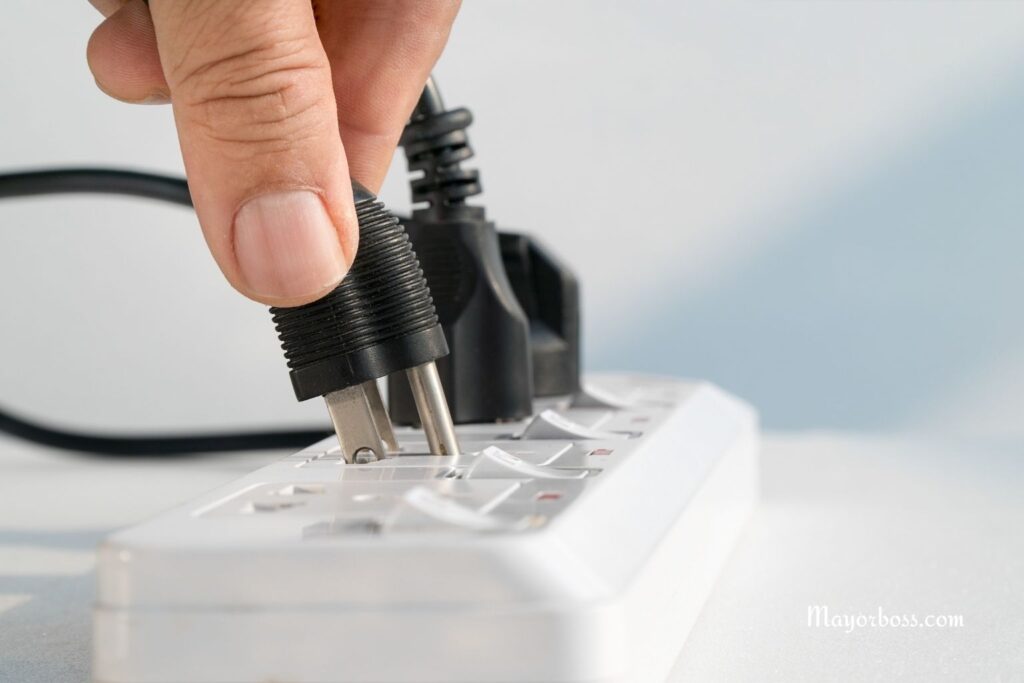
Power surges often follow outages when electricity is restored. These surges can damage devices like TVs, computers, and appliances. Unplug sensitive electronics to protect them.
5. Don’t Ignore Weather Updates
Outages often happen during storms, heat waves, or other severe conditions. Not following updates can put you at risk of being unprepared. Use a battery-powered or hand-crank radio to stay informed when your phone battery runs low.
6. Don’t Use Gas Stoves or Grills Inside
Trying to cook indoors with a grill or gas stove can release harmful gases, including carbon monoxide. Always cook outside in a well-ventilated space to avoid poisoning.
7. Don’t Forget About Water Safety
If you live in an area where water treatment plants lose power, tap water may not be safe to drink. Keep bottled water on hand and, if unsure, boil water once power returns.
8. Don’t Panic or Waste Your Phone Battery
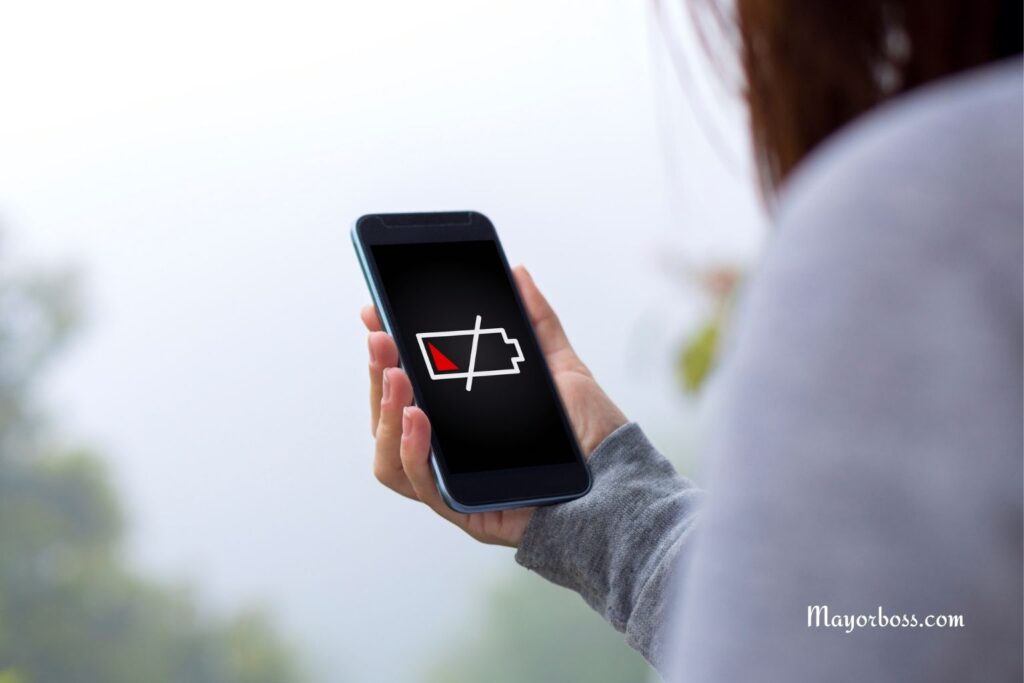
Using your phone for constant updates, games, or streaming drains power quickly. Save your battery for important calls or emergencies. Lower brightness, turn on battery saver mode, and limit use.
9. Don’t Drive Unless You Must
Traffic lights may be out, creating dangerous driving conditions. Roads may also be blocked by fallen trees or debris. Stay put unless you have an urgent need to travel.
10. Don’t Forget About Neighbors or Vulnerable Family Members
Elderly people, children, and those with medical needs may need extra help. Check on them if it’s safe to do so. Offering support can make the situation easier for everyone.
FAQs
1. How long can food last in the fridge without power?
Food in a closed refrigerator usually lasts about four hours. A full freezer can keep food safe for up to 48 hours.
2. Is it safe to sleep while running a generator?
Not if it’s close to your home. Generators must stay outdoors, far from doors and windows, to avoid carbon monoxide poisoning.
3. What should I do first when the power goes out?
Check if the outage is only in your home. If it’s widespread, report it to your utility company. Then use flashlights and conserve your phone battery.
4. Can I flush the toilet during a power outage?
Yes, if you have a standard municipal water supply. But if your water system relies on an electric pump, flushing may not work.
5. How can I prepare for future outages?
Keep emergency supplies like flashlights, batteries, bottled water, non-perishable food, and a first-aid kit. A battery-powered radio is also essential.

